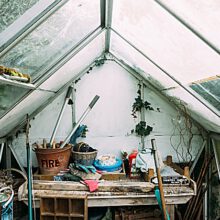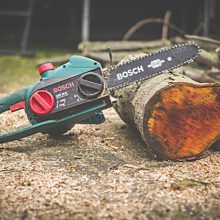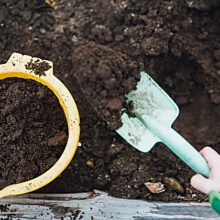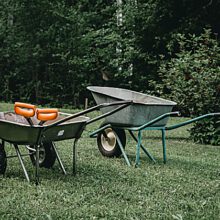What Is The Easiest Way To Dig Soil?
What is the easiest way to dig earth? You may ask. I will tell you. With some basic garden tools and a little knowledge, you can dig your own well and obtain minerals for your garden’s soil. Digging is the most fundamental and important skill you need to learn about gardening.
Most people dig their gardens with “old-fashioned” shovels and picks. While this does get the job done, it is no way to enjoy the benefits of garden soil. So, let’s switch gears and look at some other means of obtaining that well-rotted, well-drained soil. First, we will look at a simple way to dig by hand. Then we will examine some other garden tools that may be necessary.
In general, you will require: Two hoes, an electric powered trowel, hand shovel and a shovel (plastic), hoes, rakes and picks. Tools of this nature will vary depending on your circumstances. For example, if you are just beginning to garden and your garden has limited space, then hand tools are probably all you need. But if you have enough room, you can begin digging with other garden equipment.
If you are a complete novice, or perhaps you are not very sure which equipment to buy, then it might be best to begin with a “break the rock” method. Get yourself a few hand shovels and pick up some soil from the garden or yard. Throw the dirt away. This is one of the simplest methods you will be able to use when learning to dig your garden equipment.
The next thing you will want to do is “dig in” your chosen area, using your hand equipment. This way, you will get a real feel for the process and be able to evaluate whether or not the dirt will move easily. Start by excavating at least a foot into the soil, using picks or shovels that you have either hand-picked or dug up in your garden.
Next, move deeper, using the same equipment. Continue in this way until you have about two feet of dirt dug-up. Now you should have a good idea of how much dirt you will need to purchase or borrow from friends or family.
Once you have the soil settled, you are ready to begin your digging. Again, use your hand equipment. Start digging holes about six inches deep and then cover them with dirt. Then, begin adding your dirt and hand-pick up the dirt along the edges and corners.
Now, once your garden equipment has picked up the bulk of the dirt, it is time to check the quality of the soil. Dig around the plants, looking for compact or even broken soil that is dark in color and has an earthy taste to it. This is another area where you might want to borrow some soil from friends or family. Be sure to dig around the plants as well as the fence or fences you have in your garden. This will ensure that you are planting in the right spot and that you are getting all the nutrients you need for your garden plants to grow.
Next, you should dig down about two feet to make room for your next planting. Use your garden equipment to break up the soil a little bit. When you do this, you will notice that it is now a lot like raking the dirt. When you have finished with this process, you should have enough dirt in your hands to fill about three to four cups. Add this all to the equipment you have at your disposal.
Now, you need to add your fertilizer and spread it evenly on the top. After you have done this, you can begin digging. Again, use your hand equipment because it is more suited to this task.
Last but not least, you should rake the soil. Use a shovel to do this if you have garden equipment. This helps break up the soil even further so that it can be worked. You do this by either pushing the soil around, or by breaking it into smaller pieces. When this has been done, you can then go ahead and plant your vegetables.
These are some simple, yet effective ways of learning how to dig a garden. In addition to these methods, there are other things you can try such as using garden equipment to turn the soil. These can be particularly helpful if you have poor soil that needs to be broken up and worked. These ideas can help you in your gardening, but the easiest way to learn how to dig dirt is still going to be by hand.



